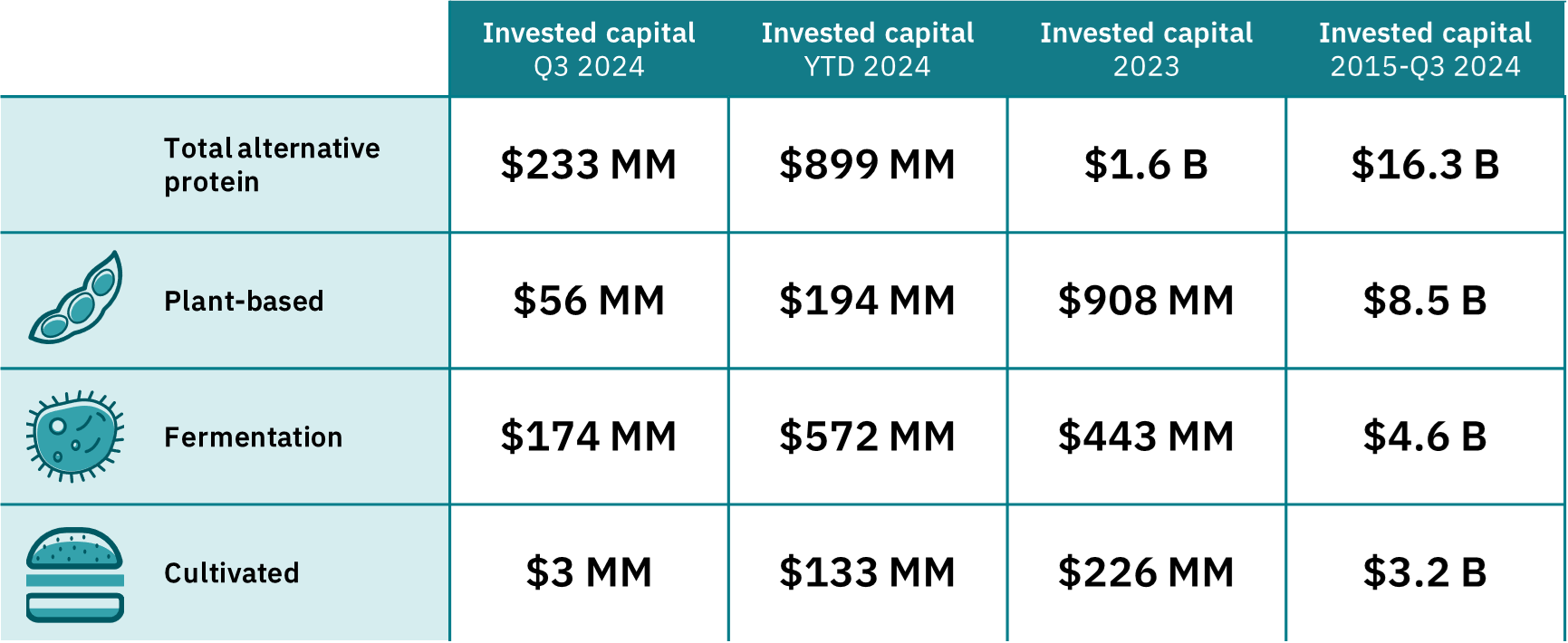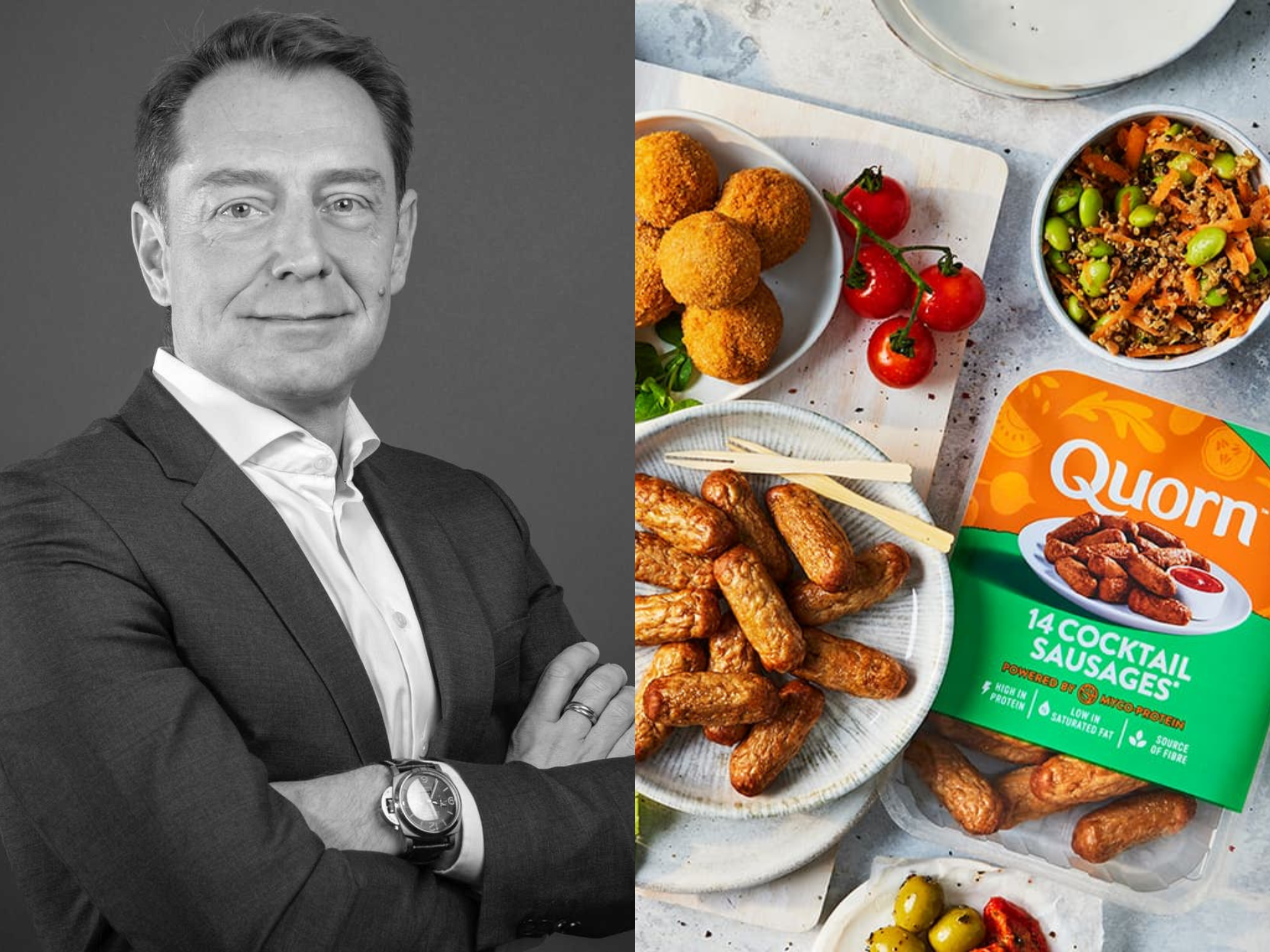5 Mins Read
David Flochel, former managing director of Heineken UK, will take over as CEO of Quorn Foods following a period of continued sales pressures on the business.
The UK’s largest meat-free business is hoping to turn the page on a tumultuous period with new leadership, hiring former Heineken UK boss David Flochel as its new CEO.
Flochel will replace Marco Bertacca, who has been at the helm since January 2020. He will join the Monde Nissin-owned business next month and work with Bertacca over the coming months in a transition period, before the latter leaves the firm.
It comes after the losses swelled fourfold for the company – which includes the Quorn and Cauldron Foods brands – last year, crossing £63M. But at the same time, it rebranded its foodservice offering as Quorn Pro, launched the Marlow Ingredients division for B2B players, and landed a deal to supply mycoprotein to the NHS, all while taking up a third of the UK’s meat-free market share.
“Despite the challenges with overall growth in the last few years, we have improved Quorn retail market share, achieved yearly growth in our foodservice and QSR business and launched the new Marlow Ingredients business unit,” said Bertacca.
“I know Quorn is in good hands. David is bringing an incredible depth of knowledge and experience into the company, and we are already working closely together to ensure a smooth transition.”

2025 a ‘reset year’ for Quorn
Bertacca had joined the company just before the pandemic, replacing former CEO Kevin Brennan and navigating Quorn through the Covid-19 lockdowns, cost-of-living and inflationary pressures, and the wider challenges in the global vegan category.
Under his leadership, Quorn made the move to supply its mycoprotein to other businesses for the first time, drove sales growth in the foodservice segment, and opened up the ingredient for blended meat applications through the NHS partnership.
“Marco has been instrumental in leading Quorn through many pivotal moments in its history. His passion for the company, our mission and values has been unparalleled,” said Monde Nissin CEO Henry Soesanto.
“It’s been a huge privilege and honour to have played a part in accelerating Quorn’s mission to tackle climate change through great tasting, sustainable food,” added Bertacca.
Flochel has worked at some of the largest food and drink companies in the UK, including Mars, Unilever and Selecta Group. His most recent role was at consumer health firm Haleon, where he led the nicotine replacement therapy team outside the US.
“We are delighted to welcome David to the team and are confident that under his leadership, Quorn Foods will thrive and continue to be the global leader of the alternative protein sector,” said Soesanto.
Flochel labelled the 2025 as “a reset year” for Quorn. “This is a brilliant opportunity to transform the business into the next stage of its journey and I am delighted to be taking on this new role,” he said. “I believe that with the right focus and execution, we can turn around the company and current category performance.”

Despite challenges, Quorn remains UK’s bestselling meat-free brand
Quorn’s revenues were down by 7% in 2023, reaching £205M – the group’s lowest since 2017. The last time it made a pre-tax profit was in 2021. And despite halving its selling and distribution expenses, the cost of goods soared to dent Quorn’s gross profit, which went from £65M in 2022 to just £1.4M last year.
The company partly blamed inflationary pressures for the middling performance, which was driven largely by retail, a channel in which Quorn’s sales fell by 8.6%.
This led the business to restructure its UK operations this year, which involved redundancies in retail, supply chain, research and development, and support functions, as well as cutbacks at its factory in Billingham.
And in the US, where it depreciated the value of a £17.7M investment to zero in 2022, Quorn exited from a number of retailers and foodservice points, cut back on marketing spend, and conducted a number of layoffs. It also exited the retail sector in Belgium, the Netherlands, and Luxembourg.
That said, it remains the UK’s top-selling meat-free brand, with Cauldron only recently displaced as the next best by fellow tofu maker The Tofoo Co.
Quorn’s struggles mirror the wider category’s challenges, with consumers and investors both cooling on meatless products in the UK and the US. In the former, NIQ data suggests that chilled meat analogues suffered a 5% sales drop in the year ending May 2024, and frozen products fell by 6% in value. And in the US, retail sales of meat alternatives were down by 9% in the year ending July, according to Circana.

Globally, investment in the plant-based category slumped by a quarter in 2023. And so far, the first three quarters of 2024 have only seen the segment attract 21% of the funding it did in all of last year. These challenges have led to the demise of several brands across the world – in the UK, LoveSeitan ceased operations after six years of trading last year, while both Meatless Farm and VBites came close to the brink.
“The category, like many others, has seen a slowdown, but we must not forget that comes against the backdrop of many consecutive years of incredible growth in meat-free eating,” Bertacca, the outgoing CEO, told Green Queen earlier this year. “Now is the time to start talking about the solutions we can achieve together as an industry, rather than focusing on the challenges.”



